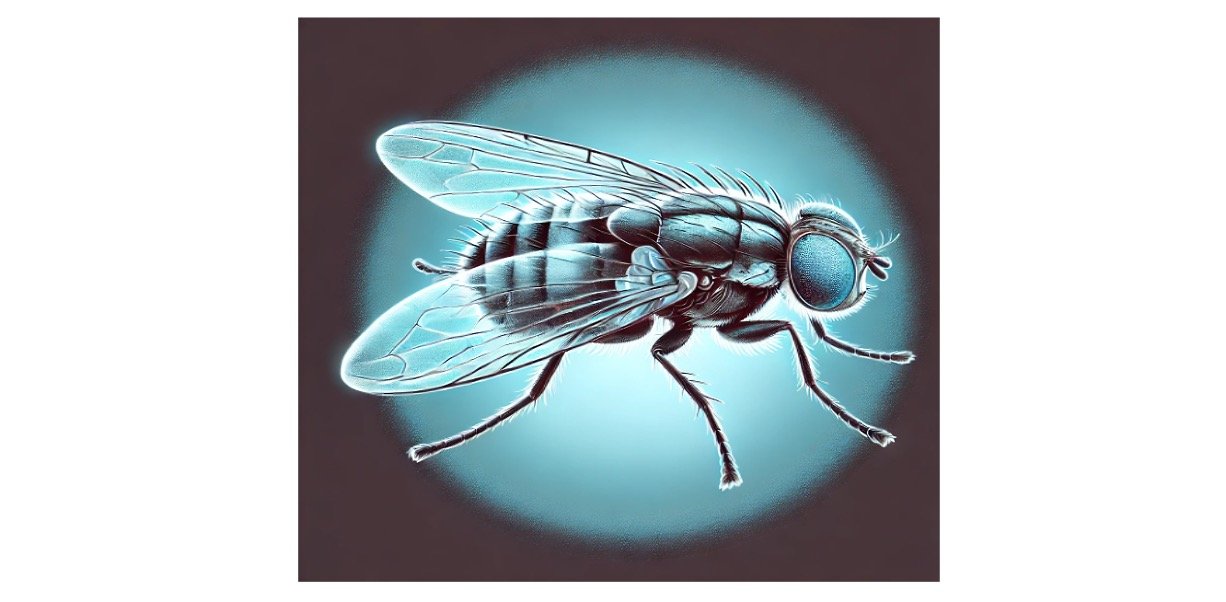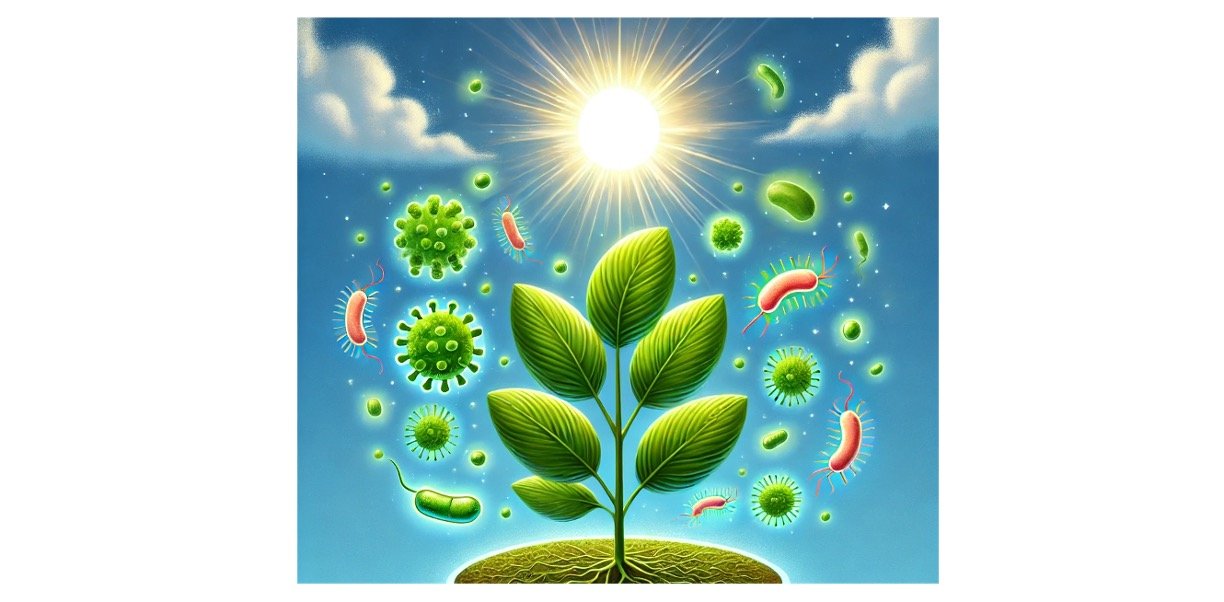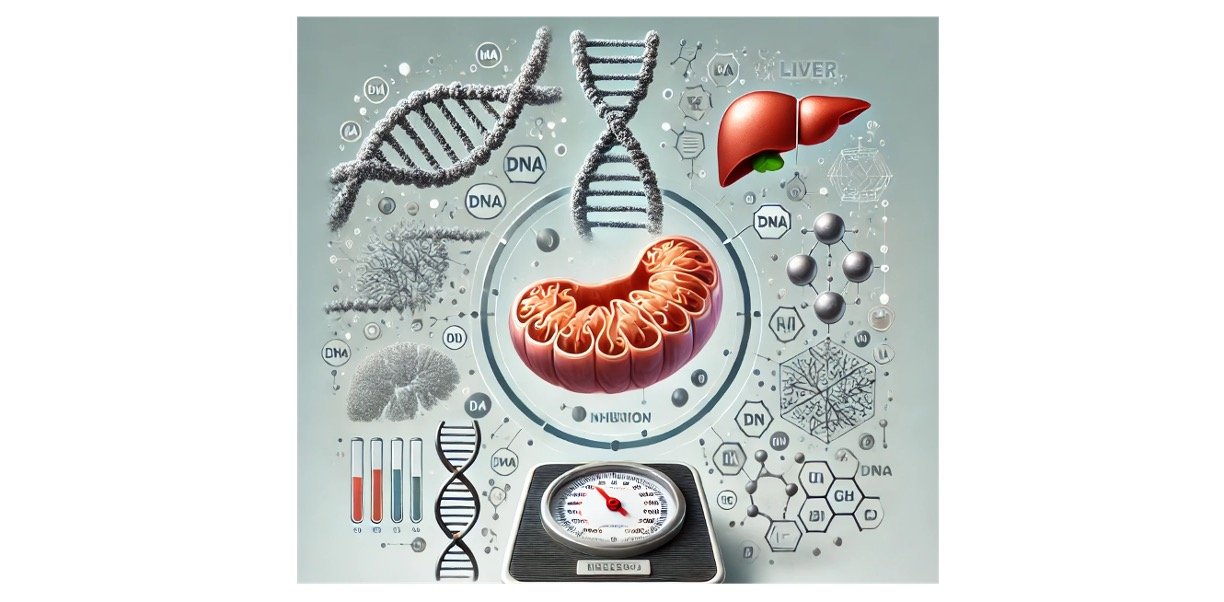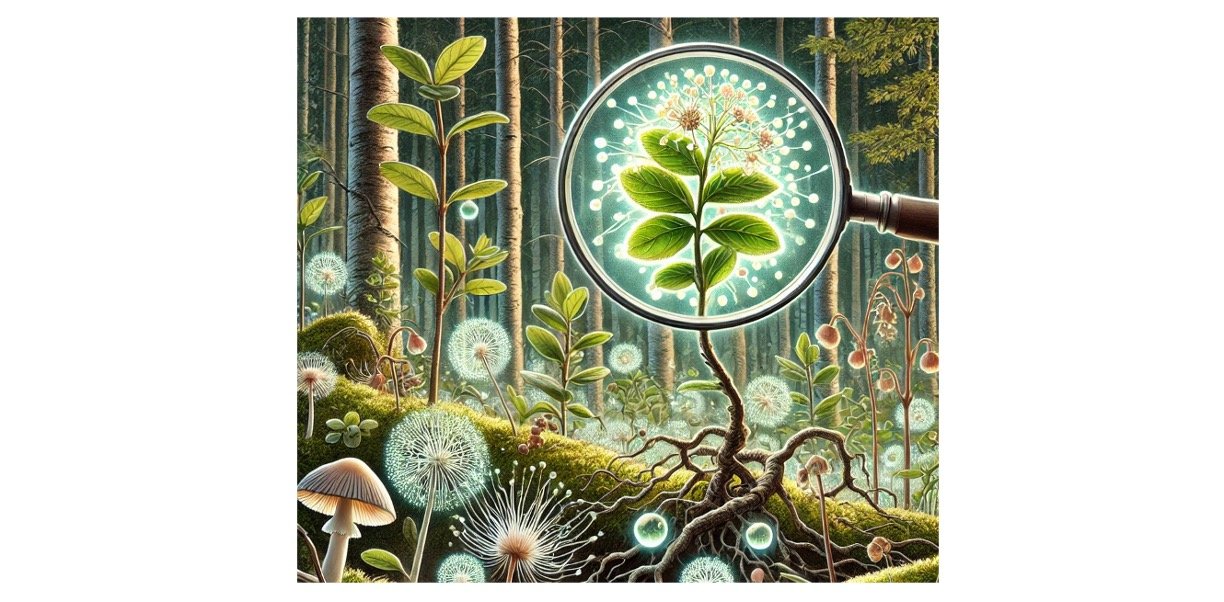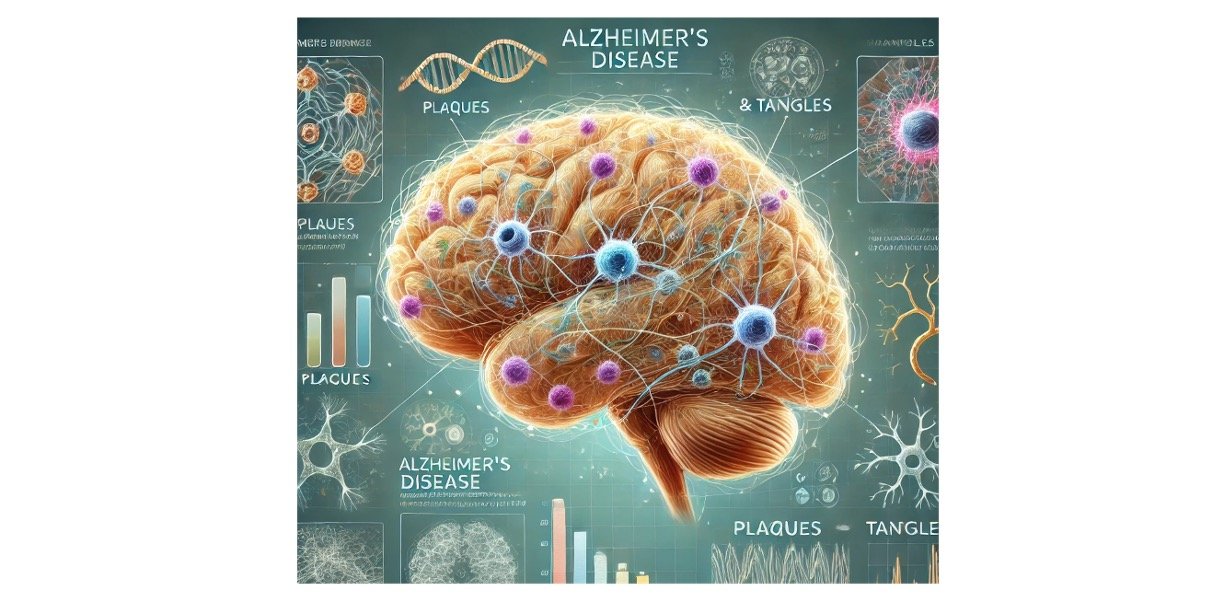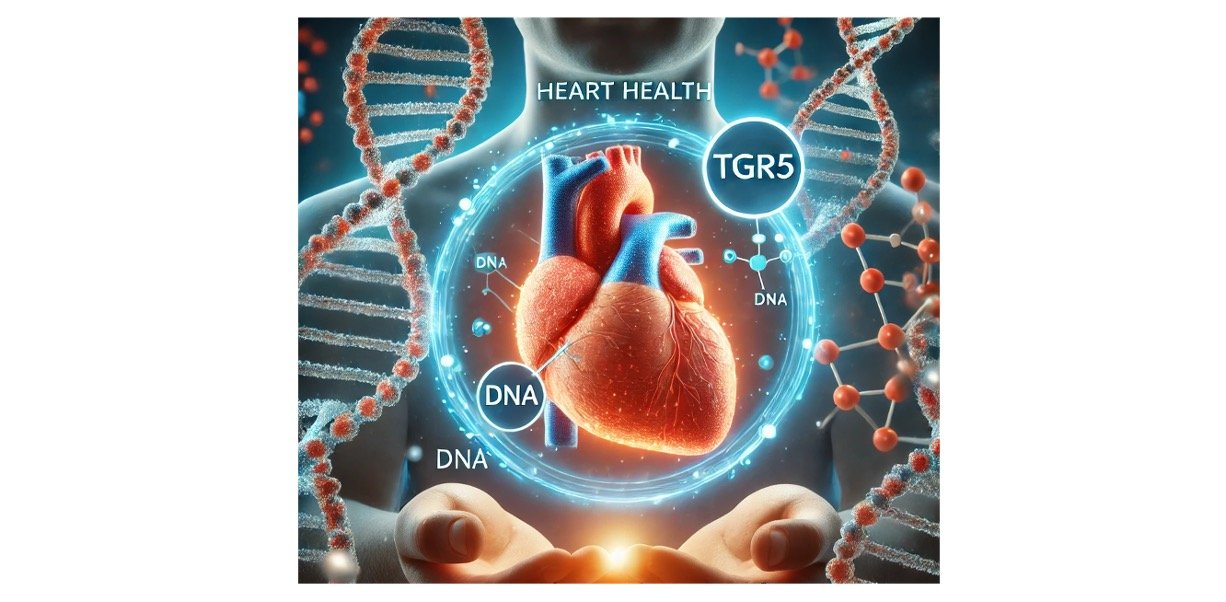Branches of Biology
Agriculture: It is the study which deals with natural resources as well as rock.
Anatomy: It is the human body study.
Astrobiology: it is concerned with the impact on living organism of the space.
Biochemistry: It is the study of biomolecules such as carbohydrates, fats, protein, nucleic acid and etc.
Bioclimatology: it deals with the impact of climate on various organism.
Bioengineering: It is concerned with biological processes, system, analysis and designing of product.
Biogeography: it studies the pattern of ancient organism and their fossil.
Bioinformatics: It deals with biology related stored using technology, so that its widely and easily available.
Biology: It can be defined as the study of life and has various subject lying within it.
Biomathematics: This is also an interdisciplinary field, where in biology, tools and techniques of math is used.
Biophysics: It is a field of science which poses questions in biology about physical science.
Biotechnology: it deals with altering processes and products to obtain a modified product.
Botany: It deals with plants.
Cell biology: It deals with the scientific study of cells and its process.
Chronobiology: It is the study of organism related to time.
Conservation Biology: It is the study of conserving and preserving habitat, species and biodiversity.
Cryobiology: It deals with organism thriving at low temperatures are called as Cryobiology.
Development Biology: The study of formation of zygote from an organism is called as Development biology.
Ecology: The interaction between the environment and the organism is called as Ecology.
Entomology: Studying the insects is called Entomology.
Ethnobiology: It is the study of the flora and fauna of the environment.
Ethology: The scientific study of animal behavior is called as Ethology.
Evolutionary Biology: It is the study of the organism and its evolution.
Freshwater Biology: It is the study of freshwater and the organism and its habitat.
Genetics: It’s a field of biology, which deals with variations and heredity of organisms.
Geobiology: It is the combination of two fields, biology and geology, where organism and their interaction with environment is studied.
Herpetology: Studying the amphibian and reptiles is called as Herpetology.
Ichthyology: Studying the fishes is called as Ichthyology.
Immunobiology: It deals with the study of immune system is called as Immunobiology.
Mammalogy: Mammalogy is the study of animals.
Marine Biology: It deals with the study of organism present in plants and animals.
Medicine: It deals with the treatment of the disease.
Microbiology: The study of microorganism is called as Microbiology.
Molecular Biology: The study of various biomolecules such as DNA, proteins, RNA and others.
Mycology: It deals with the fungus study.
Neurobiology: The study of nervous system is termed as Neurobiology.
Ornithology: Ornithology is the study of birds.
Paleobiology: It deals with the study of ancient organisms or their fossils.
Parasitology: It deals with the scientific study of Parasites.
Pathology: Pathology deals with the effects, progress and the process of various diseases.
Pharmacology: It is the study about the drugs.
Physiology: It is the study of biotic entities and their parts and their functions.
Primatology: The study of primates is known as primatology.
Prostiology: studying protist is called as Protistology.
Psychobiology: biological process and its link with the behavior and mental functioning is called Psychobiology.
Toxicology: man-made and natural poisons study is Toxicology.
Virology: Virus study is called as Virology.
Zoology: The study of animal’s growth, identification, structure and their life is called as Zoology.
Share




